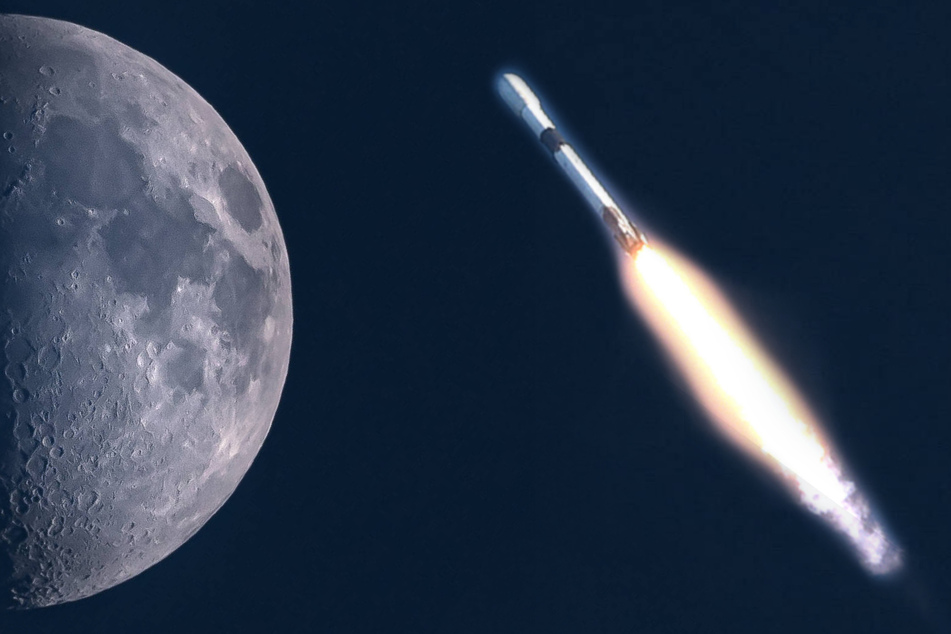SpaceX rocket will soon hit the moon
Washington DC – A rocket may be landing on the moon sooner than we think.

Part of a SpaceX rocket is set to collide with the moon in early March, according to calculations by scientists at NASA.
The scientists are closely monitoring the trajectory of the Falcon 9 second stage, a NASA spokesperson told dpa on Thursday.
The rocket originally took off from Cape Canaveral in 2015 carrying the Deep Space Climate Observatory, an observation satellite.
However, it has remained in space since then, lacking sufficient fuel to return to Earth.
On its current trajectory, it would hit the far side of the moon on March 4, NASA said.
SpaceX, the private company owned by Tesla billionaire Elon Musk which has been shuttling material and crew into space, did not initially comment.
NASA said it would not be possible to observe the impact from its Lunar Reconnaissance Orbiter as it happens, but that scientists would monitor to see whether and how the collision would affect the moon and if any resulting crater could be seen.
However, seeking the crater will be a major challenge and could take weeks or months, the spokesperson said, nonetheless describing the collision as a unique occurrence that "presents an exciting research opportunity."
NASA awarded its coveted lunar landing contract to SpaceX back in April. The upcoming expedition is set to mark the United States' first human landing since 1972. As per the contract, there would be two landings, one unmanned, and one manned.
But it looks like with this new development, the company may get an unmanned "landing" sooner than expected.
Cover photo: Collage: IMAGO/Cover-Images & NurPhoto